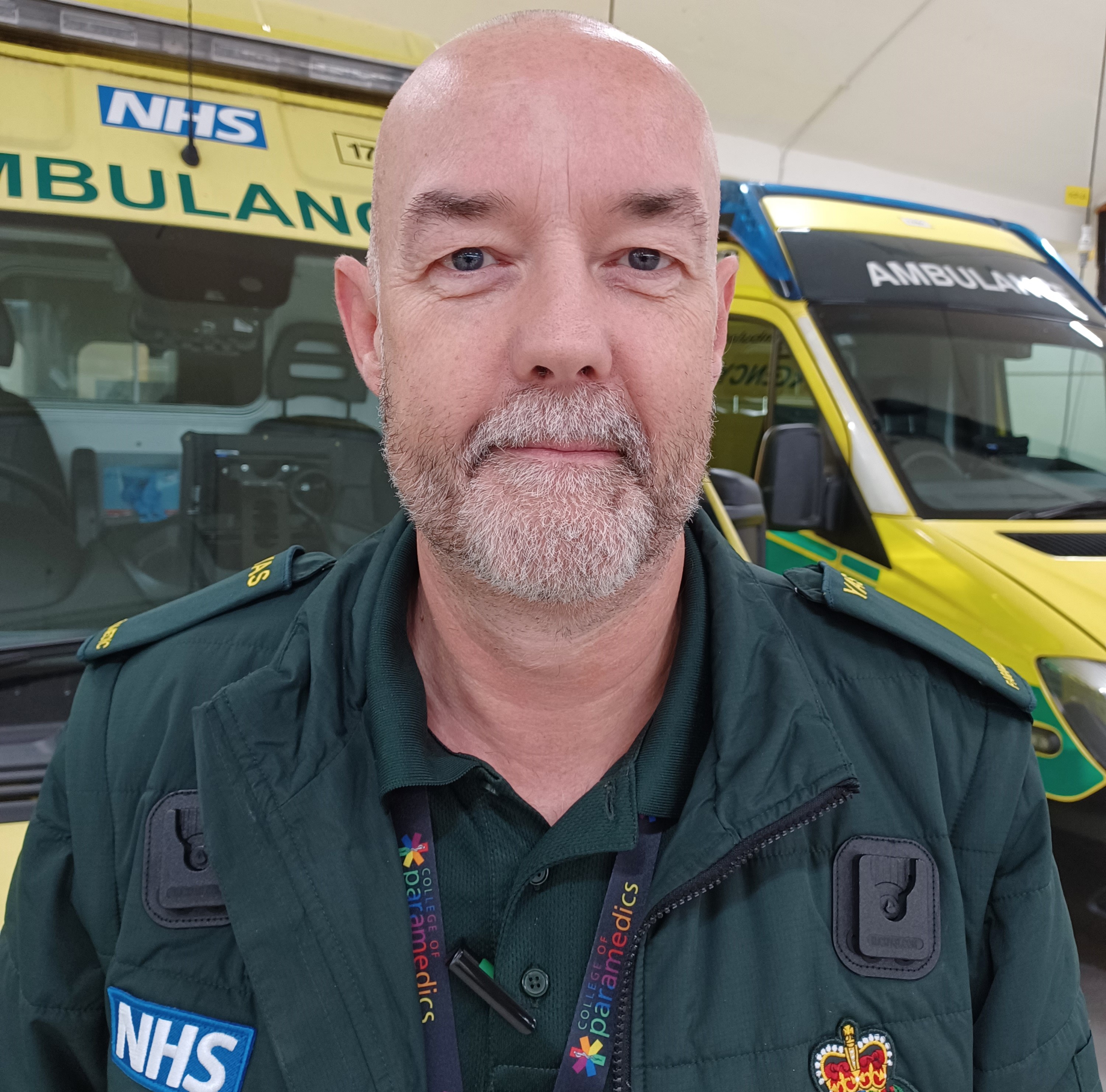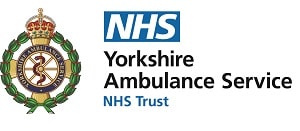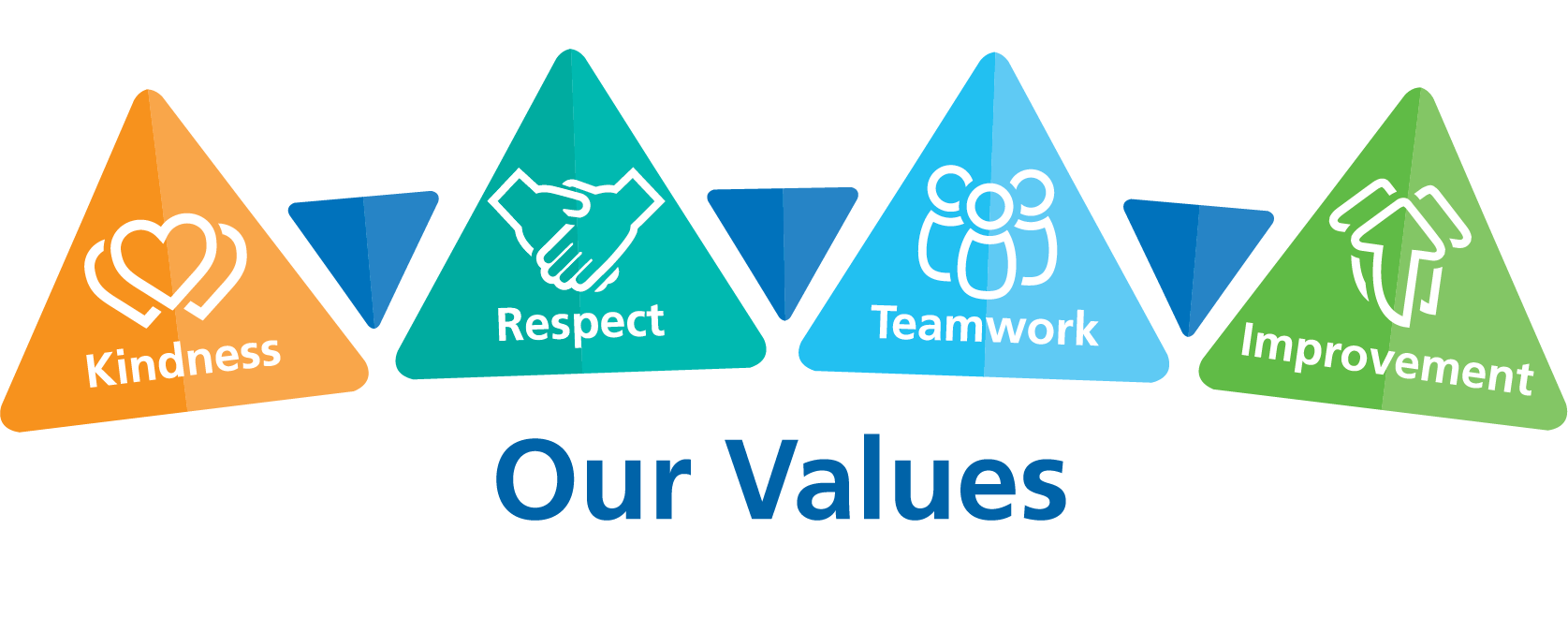Shaping the Future of Emergency Healthcare: Message from Dave Green, Chief Paramedic, Yorkshire Ambulance Service
03 July 2025

Dave Green, Chief Paramedic, Yorkshire Ambulance Service
As we approach International Paramedics Day on 8 July, it is an opportune moment to celebrate the incredible dedication and expertise of paramedics who support urgent and emergency healthcare. This day reminds us of the dedication of those who work on the frontline, making a tangible difference to countless lives.
I feel immensely proud to be the first Chief Paramedic at Yorkshire Ambulance Service, serving as a crucial link between frontline teams at the point of care and strategic decision-making.
Through my role on the Trust Board, I ensure that the perspectives and experiences those directly delivering patient care are clearly represented, offering a more informed and grounded insight.
By being an ambassador for frontline staff and maintaining ongoing dialogue with them, as well as continuing to do clinical shifts, I can provide a sense-check about how life is on the frontline for our patient-facing colleagues.
My career so far shows commitment to the profession and a good understanding of frontline challenges. After serving in the Parachute Regiment with the British Army for five years, I joined the ambulance service in 1998 on our non-emergency Patient Transport Service. I qualified as a Paramedic in 2000 and, after a brief spell away, returned to Yorkshire Ambulance Service in 2010. I currently have a varied role as Chief Paramedic and Executive Director of Quality.
The rising demand for healthcare services, driven partly by a growing ageing population who are living longer with a range of complex conditions, challenges our resources and requires constant adaptation in service delivery models to refine treatment protocols and introduce innovations that enhance patient care.
My role helps to ensure the Trust remains adaptable and prepared for these evolving demands. I contribute to policy development, partnerships and advocacy for the profession. My seat at the Trust Board table ensures that the voice of frontline staff is fundamental in strategic decisions. By collaborating with healthcare partners, academic institutions and policymakers, I can ensure the Trust stays aligned with broader healthcare objectives.
Nationally there is a Chief Paramedics Group which meets every month and together we are looking at how we can address the ambitions of The Vision for the NHS Ambulance Sector, developed by the Association of Ambulance Chief Executives in collaboration with NHS Providers and NHS Confederation.
One of my key priorities, and an area I am particularly passionate about, is clinical supervision, a vital aspect of modern paramedicine. Clinical supervision means different things to different people. It’s not a replacement for line management; it’s a way of facilitating professional conversations around individual clinical practice, all directly linked to patient safety and improved clinical practice.
Some of the best learning in my career came from informal discussions in station mess rooms, reflecting on patient care in a safe space with experienced peers. However, I acknowledge that such opportunities are now rare due to the demanding nature of the job.
To address this, we are creating safe conversational areas to simulate this peer-led learning that once flourished. These spaces will be designed to foster reflection, learn lessons from difficult jobs, and provide insights into patient outcomes, ultimately empowering clinical practice.
My ambulance service career journey - starting in Patient Transport Service to becoming a Paramedic and eventually joining the Trust Board - adds a personal dimension to my leadership. My focus on clinical supervision, two-way frontline communication and innovation ensures the Trust operates efficiently, adapts to constantly evolving challenges, and keeps the focus on delivering exceptional patient care.
Ultimately, I am here to be the voice for our frontline staff who are doing an incredible job of looking after our patients in challenging circumstances. I see this role as integral to contributing to the future of the urgent and emergency care pathways, making a positive impact on both the profession and the lives of those it serves.
Produced by: Corporate Communications Department

